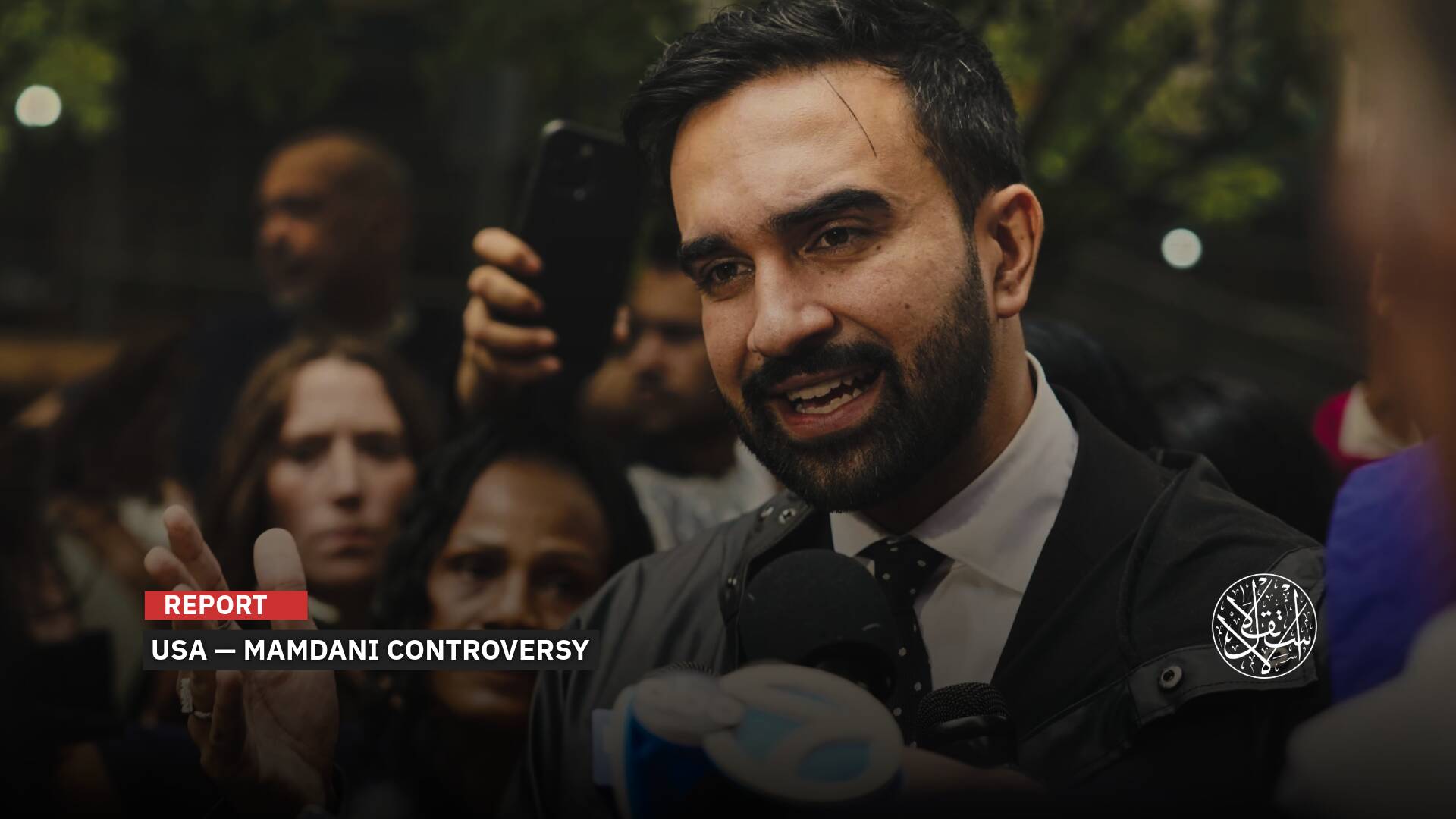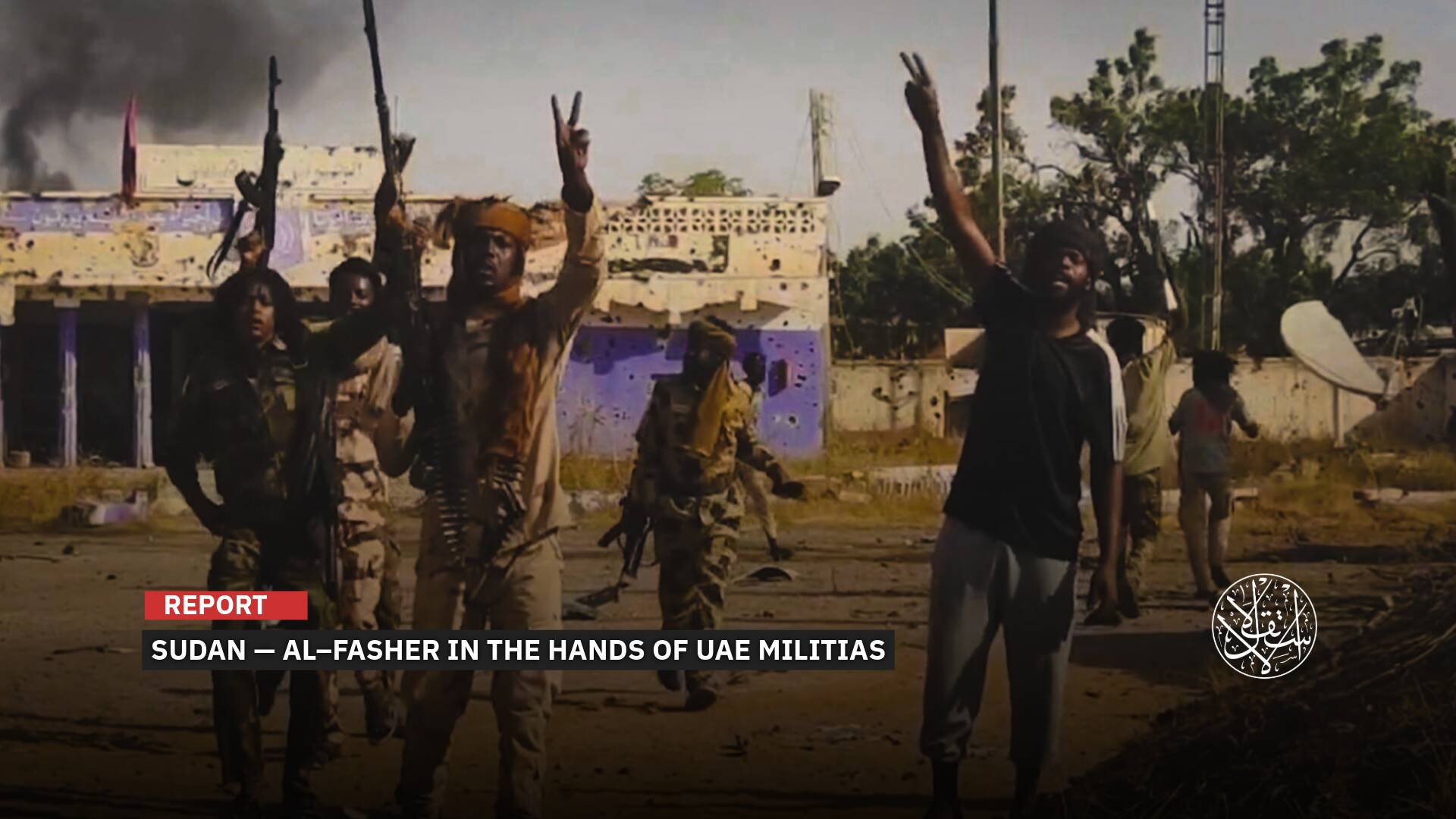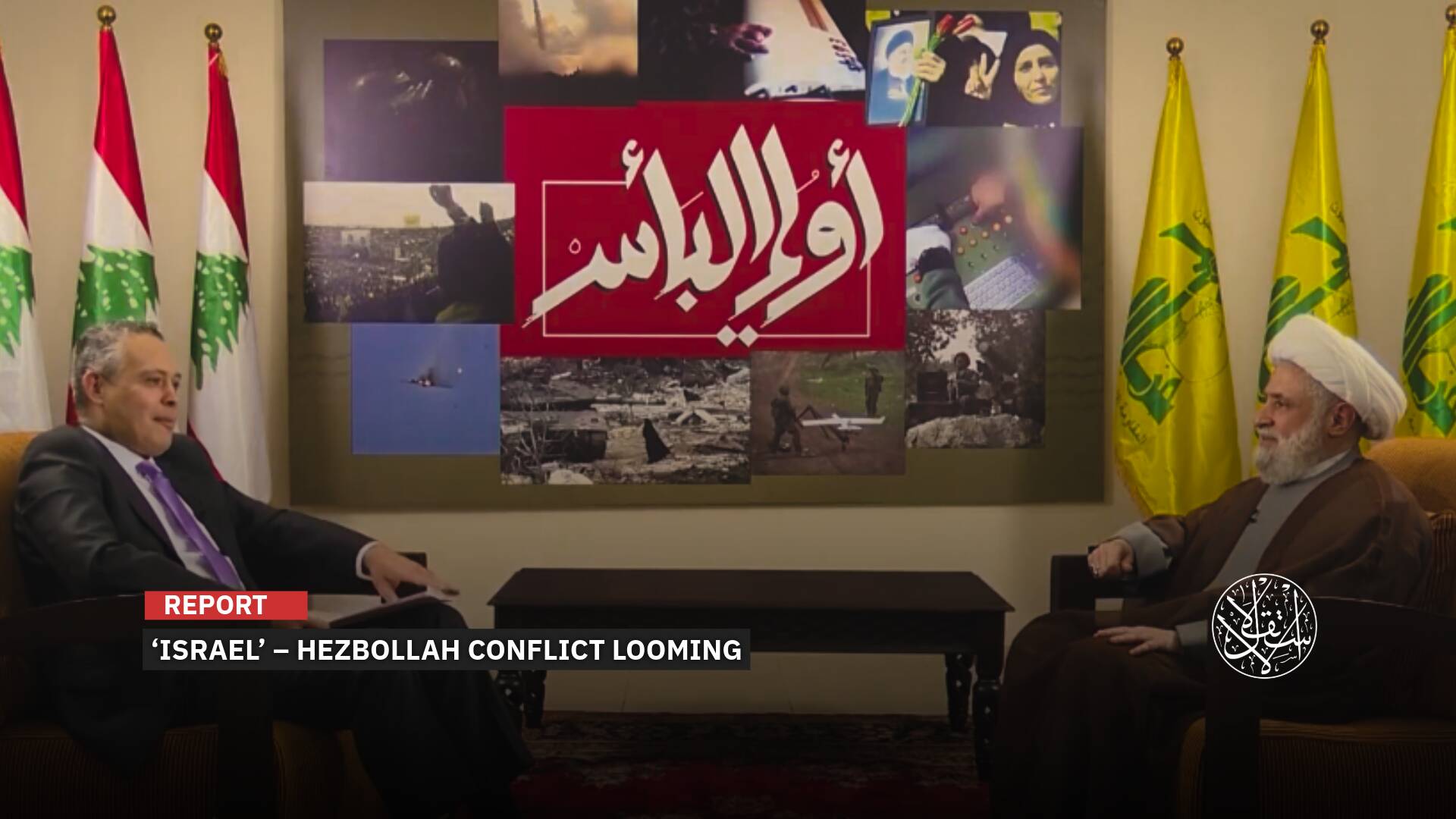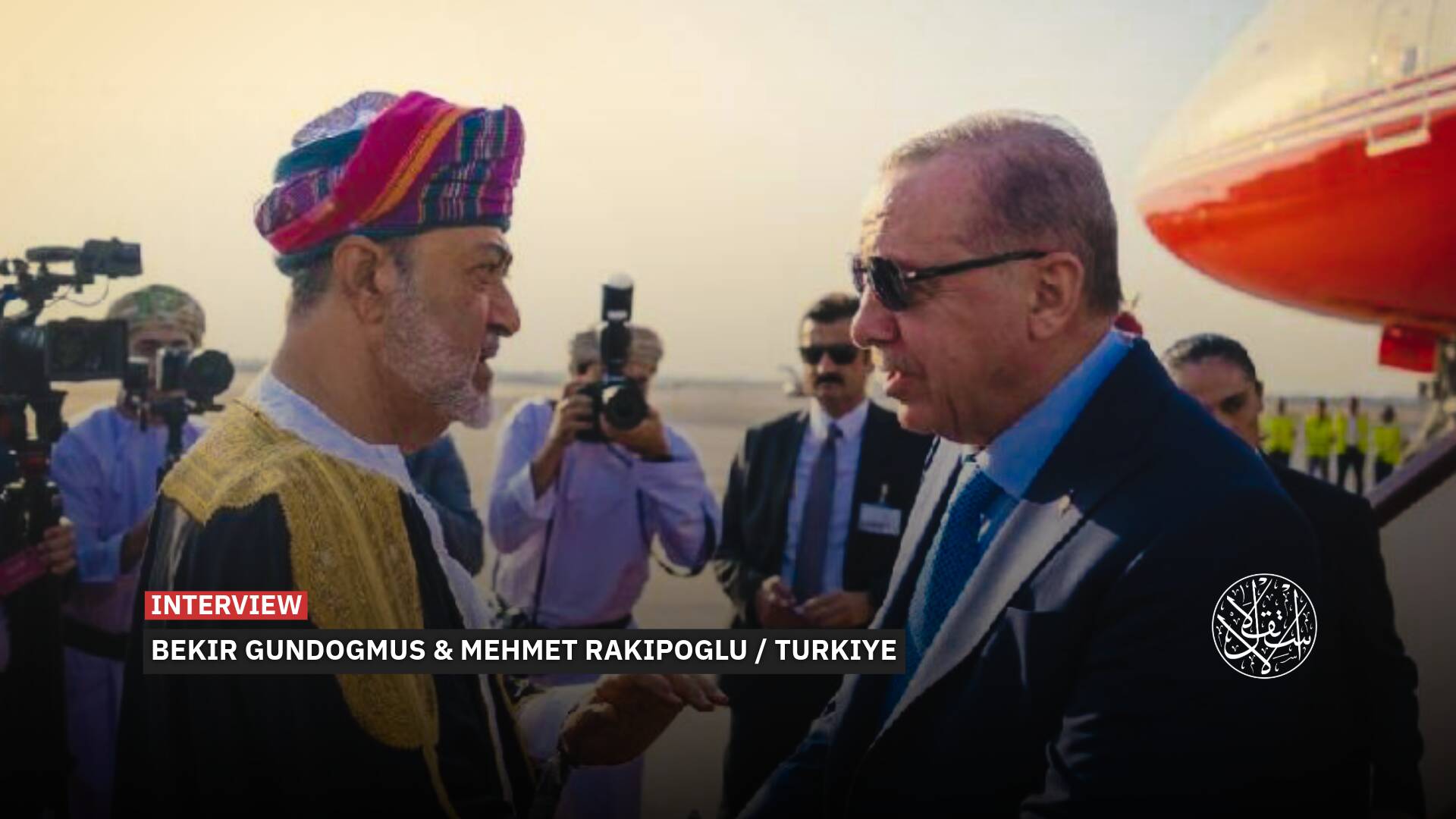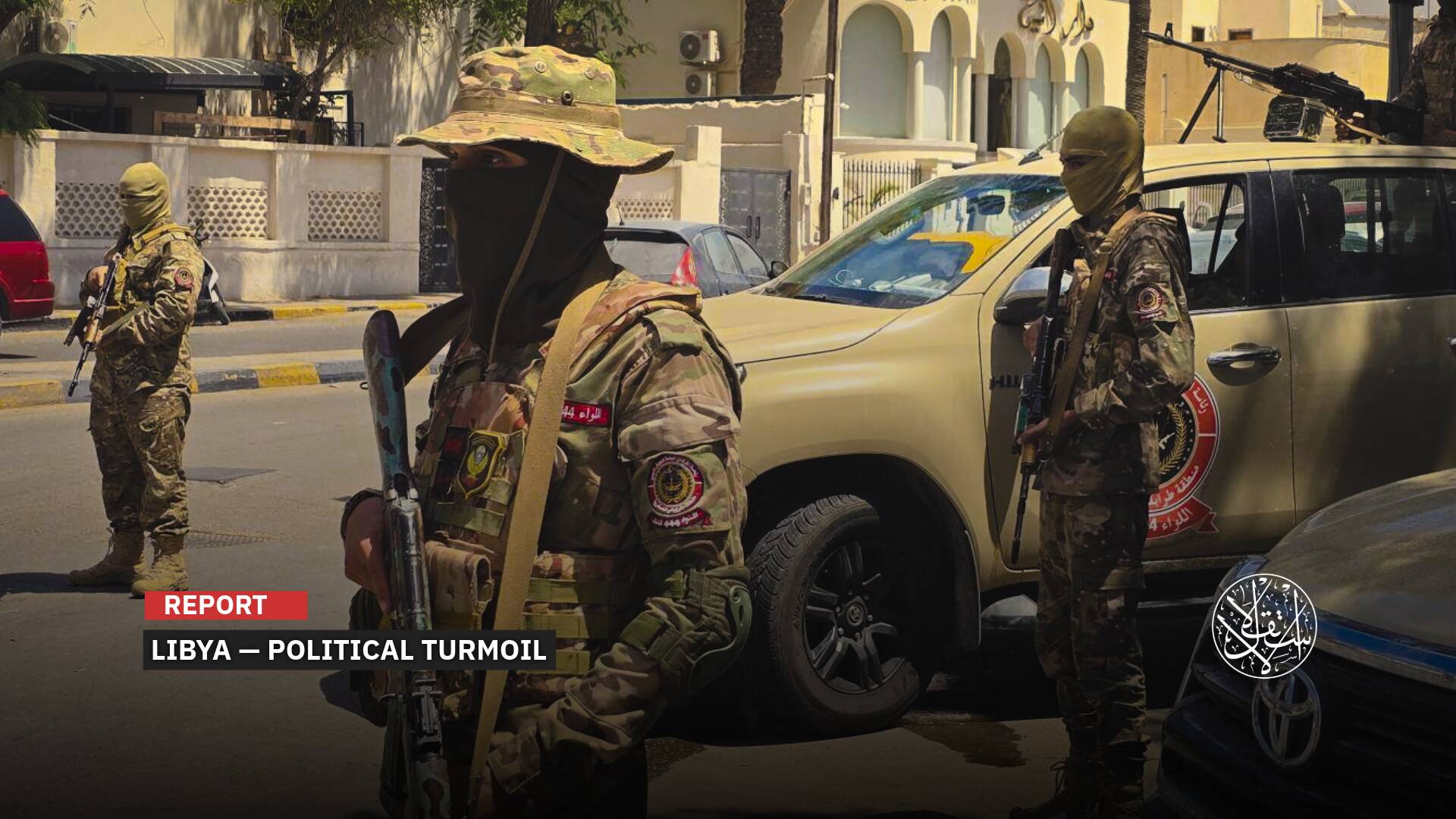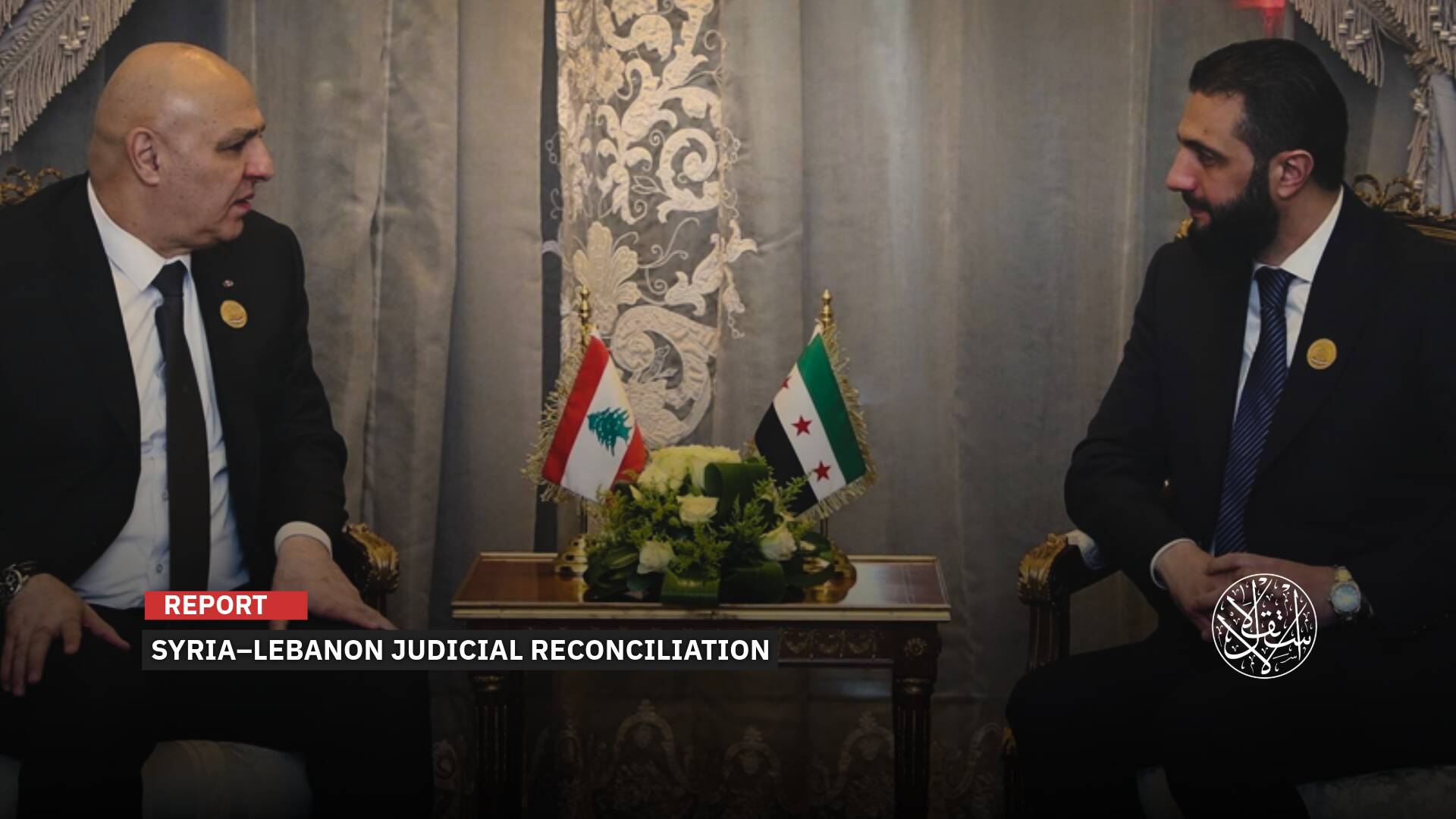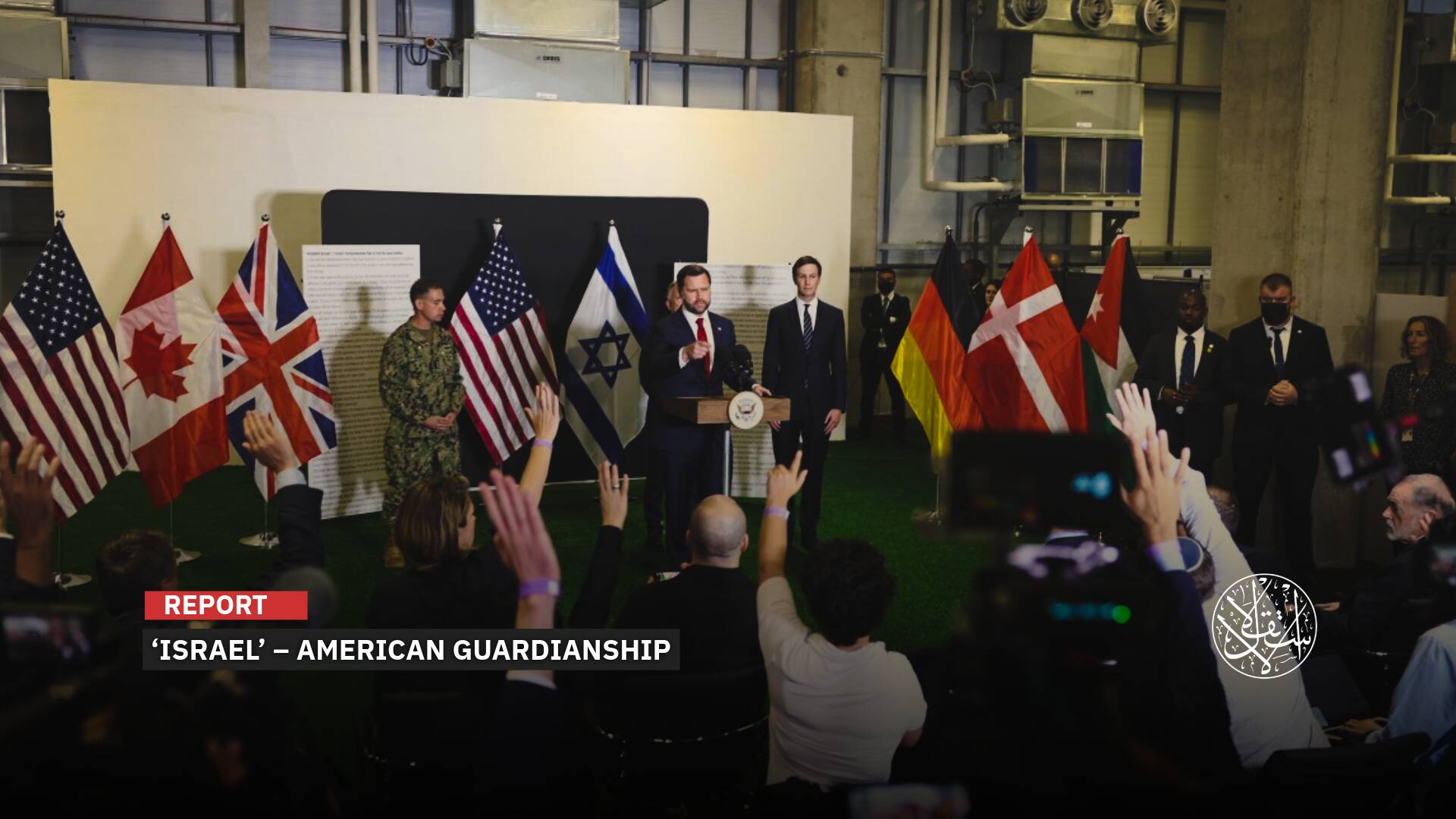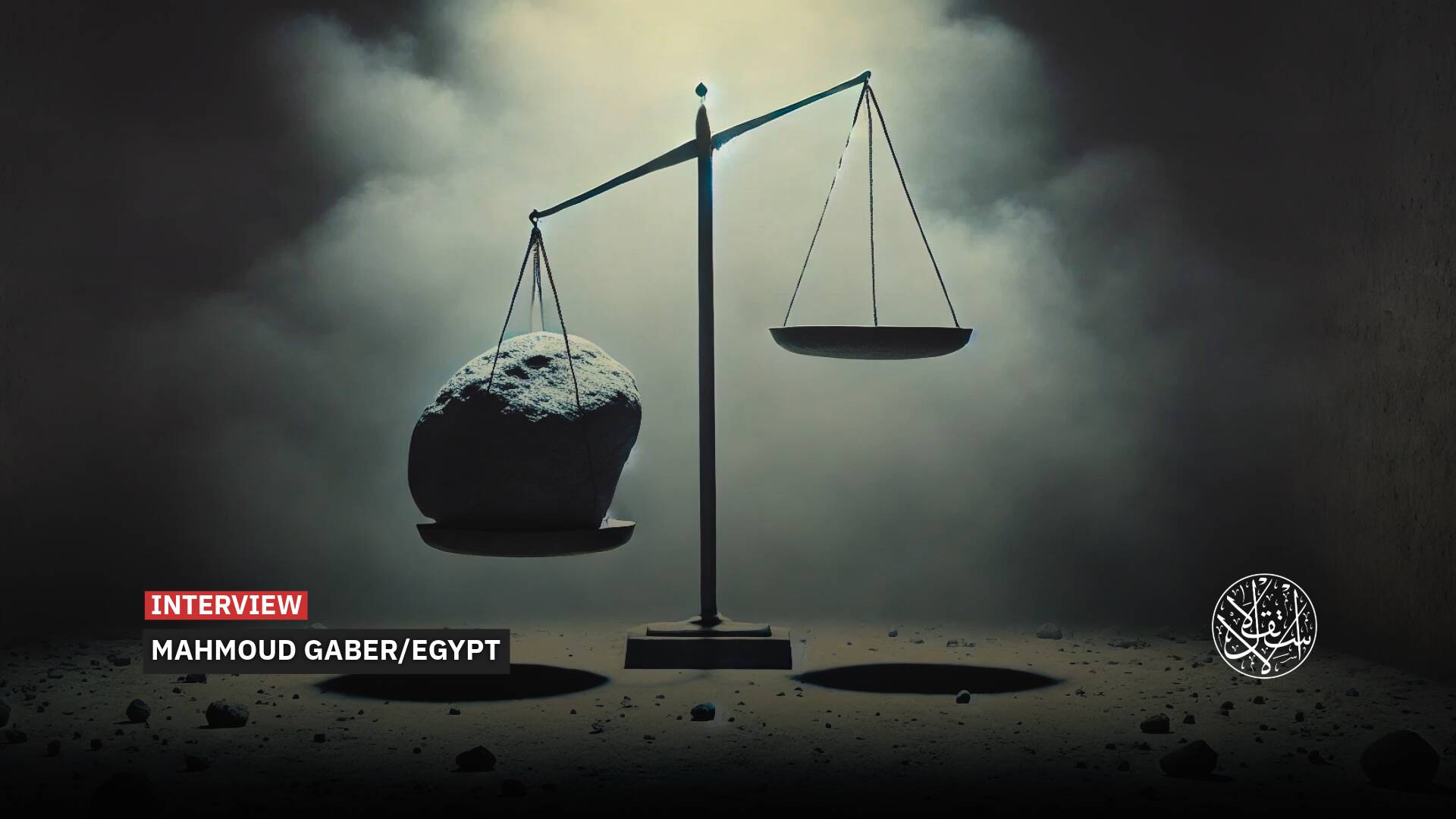How Trump Declared War on US Intelligence Community

“Trump has a history of distrusting spy services.”
The US attack on Iran's nuclear program has reignited the conflict between US President Donald Trump and the intelligence community, following deep disagreements that surfaced during his first term.
The crisis erupted after a preliminary report from the US Defense Intelligence Agency (DIA) was leaked to the New York Post, stating that the strike on Iran's Fordow nuclear facility had no long-term strategic impact and that the site could be back online within a few months.
This narrative contradicted the White House's statement, which described the strike as devastating to Iran's nuclear capabilities, based on assessments by the Central Intelligence Agency (CIA) and the Director of National Intelligence (DNI), which indicated that Iran would need years to rebuild its facilities.
The recent leaks indicate a dangerous intelligence rift that threatens the credibility of political decision-making in the White House and recalls the atmosphere prior to the 2003 invasion of Iraq.
It is worth noting that Trump has a strained relationship with the US intelligence community, and the success of the recent military strike against Iran is a crucial political issue for him.
Meanwhile, the Trump administration reportedly ordered the FBI to open an investigation to determine the source of the leak, emphasizing the need to hold those responsible accountable, considering such leaks a betrayal of national security.
It also began implementing steps to reduce intelligence sharing with Congress, in an effort to limit leaks and maintain control over the official narrative.
Trump's Distrust
US President Donald Trump is moving forward with his plan to dismantle the Office of National Intelligence, the nation's top intelligence coordinator.
Informed sources told Bloomberg that Trump has discussed this idea numerous times, including when he nominated Tulsi Gabbard to be director of national intelligence last February.
This move is part of his administration's efforts to shrink the intelligence bureaucracy. Gabbard has already cut the number of national intelligence staff by 25% and is negotiating with Congress for further reductions.
The cuts are supported by Republican Senator Tom Cotton (Chairman of the Intelligence Committee), who introduced a bill that would limit the National Intelligence Service to just 650 employees—less than a third of the current estimated 2,000.
Unlike the National Security Council, which was abruptly reduced in 2023, closing the Office of National Intelligence faces legal obstacles because it was established by Congress after the failures of September 11, 2001.
Larry Pfeiffer, a former intelligence expert, asserted that the core of the crisis lies in Trump's distrust in the intelligence community, suggesting that Trump believes they are conspiring against him.
On the other hand, Bloomberg reported that Trump and members of his administration appear to be pushing to sideline Gabbard's role in the Iran-“Israel” war, shifting authority instead to remove CIA Director John Ratcliffe.
This tension was evident weeks ago, when Trump rejected Gabbard's assessment that Iran was not actively pursuing a nuclear weapon and denied intelligence reports that the recent US strikes on Iranian nuclear facilities had limited impact.
Since taking office, Gabbard has frequently spoken to conservative media outlets, describing some members of the US intelligence community as part of a deep state working to undermine Trump.
However, US reports revealed that Trump did not include Gabbard in a classified briefing his administration gave to the Senate last week about the strikes on Iran.
In turn, the White House denied that Gabbard had been sidelined. Spokesman Steven Cheung said: “President Trump has complete confidence in his entire exceptional national security team.”

Political Loyalty
The repercussions of the recent US military strike against nuclear facilities in Iran continue to reverberate politically and security-wise within Washington, with sharp disagreements emerging between the security services and the Trump administration over the success and effectiveness of the operation.
Some staunchly pro-Trump conservatives argued, before the strike, that such a military intervention conflicted with his domestic agenda to ‘Make America Great Again’ and his pledge to avoid involvement in foreign conflicts.
But Trump defended his position, asserting that Iran should never be given the opportunity to acquire a nuclear weapon—a red line that, in his view, required a decisive and direct attack.
In turn, Trump publicly denounced the DIA report, claiming that Iran's nuclear sites were completely destroyed in one of the most successful military strikes in history.
He suggested that the US strikes were the reason for ending the war between “Israel” and Iran, likening them to the US use of atomic bombs on Hiroshima and Nagasaki, Japan, which led to the end of World War II in 1945.
In recent days, Trump's aides have engaged in a heated battle with the US media, rushing to release new statements from intelligence chiefs to refute the leaked report and holding a press conference explaining the many years of planning for the strike.
While US Secretary of State Marco Rubio described the report itself as false, Trump's Middle East envoy, Steve Witkoff, called for the person who leaked the information to be punished, considering it a treasonous act.
So far, officials have been unable to provide convincing public evidence that Iran's sprawling nuclear program has been completely destroyed, a conclusion that would likely take intelligence agencies weeks, if not months, to prove.
In assessments provided by Gabbard and Ratcliffe, they stated that Tehran would need years to rebuild them, but did not say that Iran's nuclear adventure had been completely destroyed.
Even hawks in Congress, particularly Republican Senator Lindsey Graham, who believed the strikes were entirely successful, questioned whether they had halted Iran's nuclear ambitions.
Nevertheless, the White House persisted in adhering to Trump's extreme claims.
According to a report published by The Guardian, Trump had his cabinet and intelligence agencies parrot his claims, echoing Bush's invasion of Iraq.
It noted that the shifts in the official US narrative were no longer based on intelligence but on political instinct and loyalty to Trump.
Even as intelligence leaks cast doubt on the veracity of Trump's claims, his team, including Secretary of State Marco Rubio, Vice President J.D. Vance, CIA Director John Ratcliffe, and Defense Secretary Pete Hegseth, were quick to follow suit.
Even Gabbard was forced to reverse the official view of the intelligence community she had previously presented regarding Iran's intention to weaponize its nuclear program.
After Trump mocked her, she quickly claimed that her remarks had been taken out of context by dishonest media outlets, and that Iran may have been on the verge of developing a weapon within weeks or months.

Direct Effects
In a related context, reports revealed that intelligence sources spoke of unprecedented political pressure being exerted on some US security institutions, in an attempt to steer their outputs to serve political objectives.
Observers warned that this trend could lead to a resurgence of a crisis of trust between US institutions and the public, just as occurred in the aftermath of the Iraq War.
In light of this division, Washington's decision-making process appears constrained, especially with the White House insisting on defending the success of the strike, while some security agencies adhere to more conservative assessments.
The Daily Beast quoted sources as saying that punishing those who offer alternative narratives could lead to deeper politicization of the intelligence community and weaken its ability to perform its independent analytical role.
Observers believe that if these divisions persist, they could have a direct impact on how the U.S. deals with Iran diplomatically or militarily.
Furthermore, this chaos could undermine allies' confidence in US assessment capabilities and impact deterrence policy in the region.
Others, on the other hand, believe that this crisis could present an opportunity to rebalance intelligence agencies and political decision-makers.

These developments reinforce Trump's growing suspicion of US intelligence agencies, a sentiment that has accompanied him since his first presidential campaign in 2016, against the backdrop of the investigation into his alleged ties to Russia.
In July 2018, Trump stood next to Russian President Vladimir Putin in Helsinki and contradicted the U.S. assessment that Russia had interfered in the election, sending a shockwave through the nation’s intelligence agencies.
A day later, Trump walked back his comments, saying he misspoke and that he supported his intelligence agencies.
In that same period, Trump dismissed intelligence assessments and pulled the US out of the Joint Comprehensive Plan of Action, the 2015 nuclear deal signed between Iran and other countries.
He also appeared to prefer his own vibes over intelligence assessments of North Korea’s eagerness for detente.
It is that history of trusting his own feelings above the US intelligence community that appears to add weight to the suspicion Trump was personally swayed by Israel’s prime minister, Benjamin Netanyahu, whose claims on Iran’s nuclear weapons he has often parroted.
Sources
- Trump Eyes Cuts to Top Spy Agency as He Downplays Iran Intel
- Trump admin officials slam leaked bomb damage assessment indicating Iran could restart nuclear program within months
- Trump is making US intelligence parrot his line on Iran - it echoes Bush’s invasion of Iraq
- This Cabinet Member Is in Trump’s Crosshairs for Iran Leak
- Trump to limit sharing classified info with Congress after leak on Iran bombing damage



